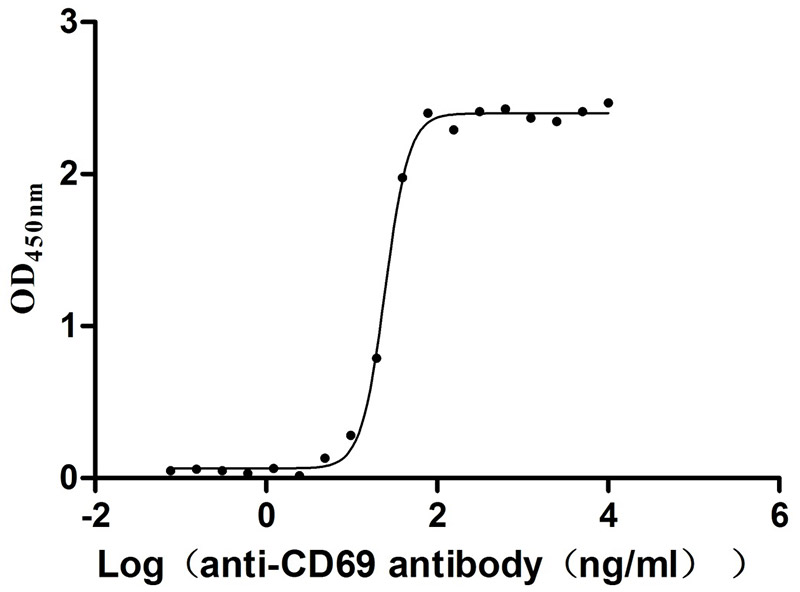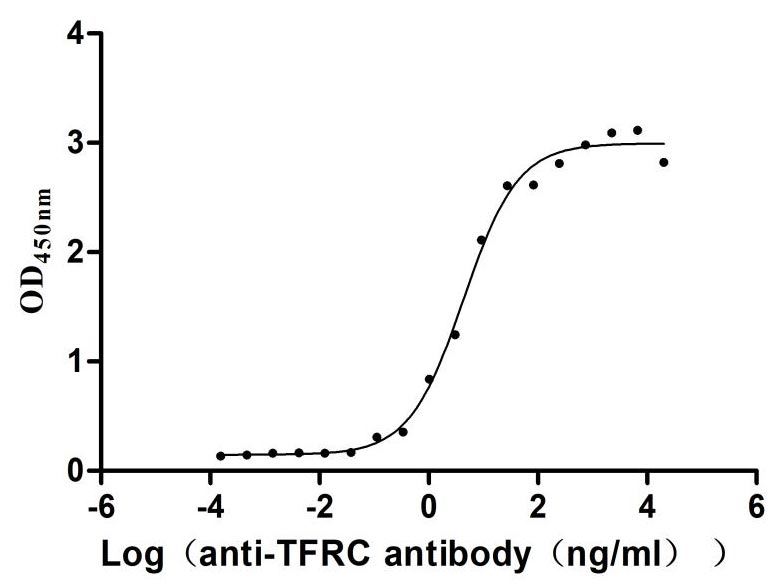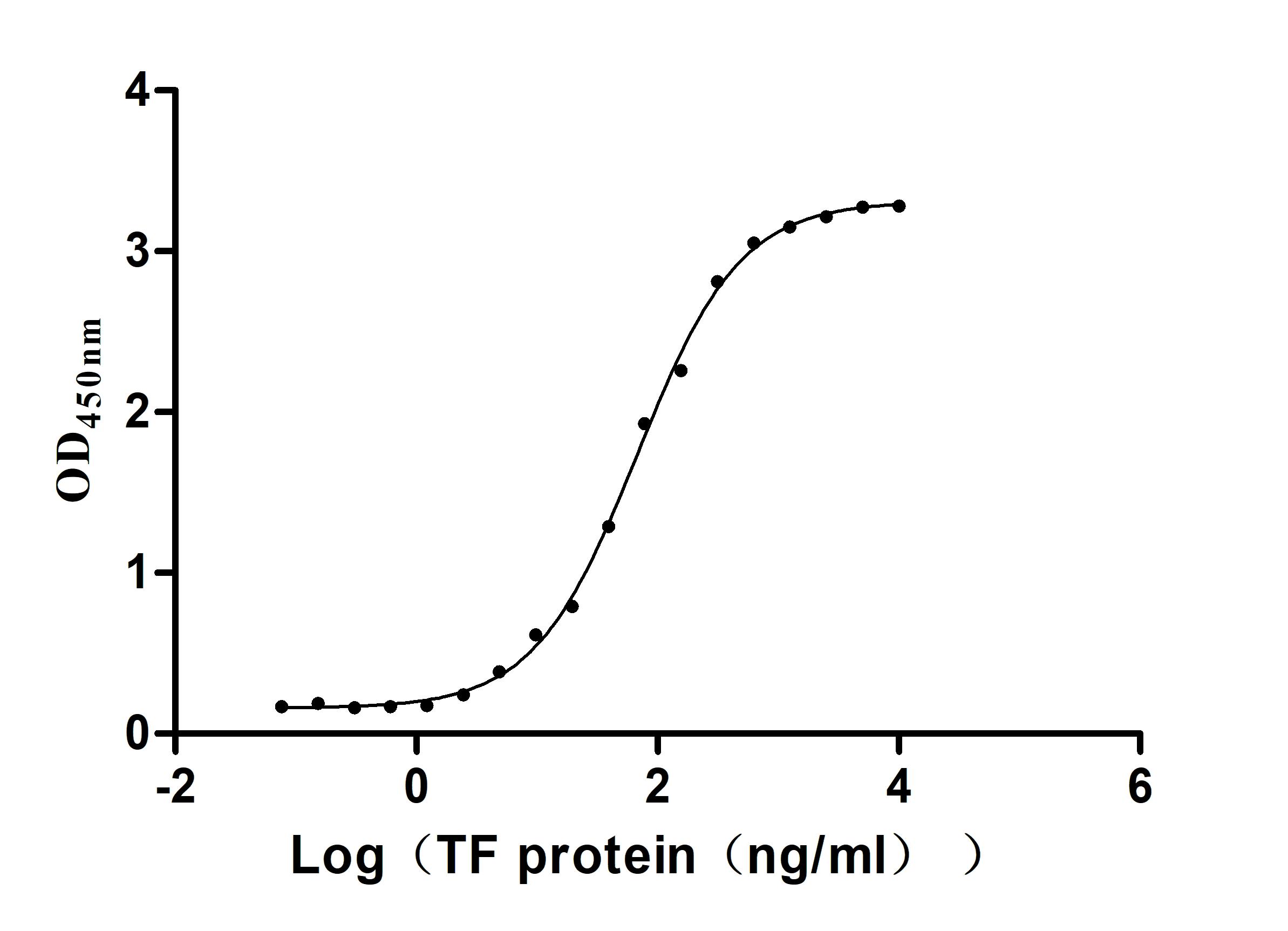Recombinant Arabidopsis thaliana Inositol-pentakisphosphate 2-kinase (IPK1)
-
中文名稱:擬南芥IPK1重組蛋白
-
貨號:CSB-EP842418DOA-B
-
說明書:
-
規格:
-
來源:E.coli
-
共軛:Avi-tag Biotinylated
E. coli biotin ligase (BirA) is highly specific in covalently attaching biotin to the 15 amino acid AviTag peptide. This recombinant protein was biotinylated in vivo by AviTag-BirA technology, which method is BriA catalyzes amide linkage between the biotin and the specific lysine of the AviTag.
-
其他:
產品詳情
-
純度:>85% (SDS-PAGE)
-
基因名:IPK1
-
Uniprot No.:
-
別名:IPK1; At5g42810; MJB21.19; Inositol-pentakisphosphate 2-kinase; EC 2.7.1.158; Inositol-1,3,4,5,6-pentakisphosphate 2-kinase; Ins(1,3,4,5,6)P5 2-kinase; AtIPK1; InsP5 2-kinase
-
種屬:Arabidopsis thaliana (Mouse-ear cress)
-
蛋白長度:full length protein
-
表達區域:1-451
-
氨基酸序列MEMILEEKDA SDWIYRGEGG ANLVLAYAGS SPLFVGKVIR IQKARRNDKA IKNANGVVSV LTSDEQHLWR ENNELISSPN KEVLEQRYVK NVIIPLLGPK HVDAGVRVSV SKEFLECVDK KVTKQRPLWR VNAANVDTSH DSALILNDHS LFSQGISSGG DCISVEIKPK CGFLPTSRFI GKENMLKTSV SRFKMHQLLK LEYNEISEES EYDPLDLFSG SKESVLEAIK ALYSTPQNNF RVFLNGSLIL GGSGESTGRT SPEIGYAFED ALKGFIQSED GHRTECFLQL VSDAVYGSGV LDRLLEIQKL DKLDIEGAIH SYYDLINQPC PICKEGKPLE AELSLHALPL DESLKIVKEY LIAATAKDCS IMISFQSRNA WDSEPSGDYV SLKPTNQTFD YKVHFIDLSL KPLKRMESYY KLDKKIISFY NRKQKAENTA EQIGNSKPSH S
-
蛋白標簽:Tag?type?will?be?determined?during?the?manufacturing?process.
The tag type will be determined during production process. If you have specified tag type, please tell us and we will develop the specified tag preferentially. -
產品提供形式:Lyophilized powder Warning: in_array() expects parameter 2 to be array, null given in /www/web/cusabio_cn/public_html/caches/caches_template/default/content/show_product_protein.php on line 662
Note: We will preferentially ship the format that we have in stock, however, if you have any special requirement for the format, please remark your requirement when placing the order, we will prepare according to your demand. -
復溶:We recommend that this vial be briefly centrifuged prior to opening to bring the contents to the bottom. Please reconstitute protein in deionized sterile water to a concentration of 0.1-1.0 mg/mL.We recommend to add 5-50% of glycerol (final concentration) and aliquot for long-term storage at -20℃/-80℃. Our default final concentration of glycerol is 50%. Customers could use it as reference.
-
儲存條件:Store at -20°C/-80°C upon receipt, aliquoting is necessary for mutiple use. Avoid repeated freeze-thaw cycles.
-
保質期:The shelf life is related to many factors, storage state, buffer ingredients, storage temperature and the stability of the protein itself.
Generally, the shelf life of liquid form is 6 months at -20°C/-80°C. The shelf life of lyophilized form is 12 months at -20°C/-80°C. -
貨期:Delivery time may differ from different purchasing way or location, please kindly consult your local distributors for specific delivery time.Note: All of our proteins are default shipped with normal blue ice packs, if you request to ship with dry ice, please communicate with us in advance and extra fees will be charged.
-
注意事項:Repeated freezing and thawing is not recommended. Store working aliquots at 4°C for up to one week.
-
Datasheet :Please contact us to get it.
靶點詳情
-
功能:Phosphorylates Ins(1,3,4,5,6)P5 at position 2 to form Ins(1,2,3,4,5,6)P6 (InsP6 or phytate). Phytate is a regulator of intracellular signaling, a highly abundant animal antinutrient, and a phosphate store in plant seeds. Also phosphorylates Ins(1,3,4,6)P4 and Ins(1,4,5,6)P4 to produce Ins(1,2,3,4,6)P5 and Ins(1,2,4,5,6)P5.
-
基因功能參考文獻:
- a particular mechanism of Arsenic(V) toxicity existed in atipk1-1 mutant. PMID: 26264234
- Expression of the Gle1 variants with enhanced Myo-inositol-1,2,3,4,5,6-hexakisphosphate (InsP(6)) sensitivity rescues the mRNA export defect of the ipk1 (inositol 1,3,4,5,6-pentakisphosphate 2-kinase) InsP(6)-deficient mutant. PMID: 25670768
- IPK is indeed a member of the plant terpenoid metabolic network. PMID: 26216978
- AtIPK1 has important roles in growth and phosphate (Pi) homeostasis. PMID: 25155524
- Conformational changes in inositol 1,3,4,5,6-pentakisphosphate 2-kinase upon substrate binding: role of N-terminal lobe and enantiomeric substrate preference. PMID: 22745128
- Report that limited proteolysis has revealed the presence of multiple conformational states in the IPK1 catalytic cycle and propose a model for recognition of IP substrate by IPK1. PMID: 22362712
- The isolation and characterization of ATIPK1 is reported. PMID: 16223361
顯示更多
收起更多
-
蛋白家族:IPK1 type 2 family
-
組織特異性:Strongly expressed in leaves and cauline leaves. Weakly expressed in siliques and flowers. In flower, it is expressed in the major organs of developing flower buds. Strongly expressed in sepals, petals, in the male and female organs of immature and mature
-
數據庫鏈接:
Most popular with customers
-
Recombinant Human Programmed cell death protein 1 (PDCD1), partial (Active)
Express system: Mammalian cell
Species: Homo sapiens (Human)
-
Recombinant Human Leukemia inhibitory factor receptor (LIFR), partial (Active)
Express system: Mammalian cell
Species: Homo sapiens (Human)
-
Recombinant Human Heat-stable enterotoxin receptor (GUCY2C), partial (Active)
Express system: Mammalian cell
Species: Homo sapiens (Human)
-
Recombinant Mouse Prolactin receptor (Prlr), partial (Active)
Express system: Mammalian cell
Species: Mus musculus (Mouse)
-
Recombinant Mouse Claudin-18.2 (Cldn18.2)-VLPs (Active)
Express system: Mammalian cell
Species: Mus musculus (Mouse)
-
Recombinant Human Early activation antigen CD69 (CD69), partial (Active)
Express system: Mammalian cell
Species: Homo sapiens (Human)
-
Recombinant Human Transferrin receptor protein 1 (TFRC), partial (Active)
Express system: Mammalian cell
Species: Homo sapiens (Human)
-
Recombinant Human Serotransferrin(TF) (Active)
Express system: Mammalian cell
Species: Homo sapiens (Human)


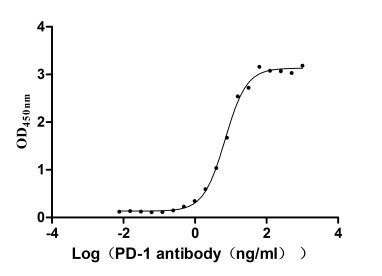
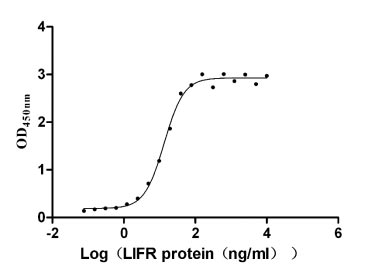
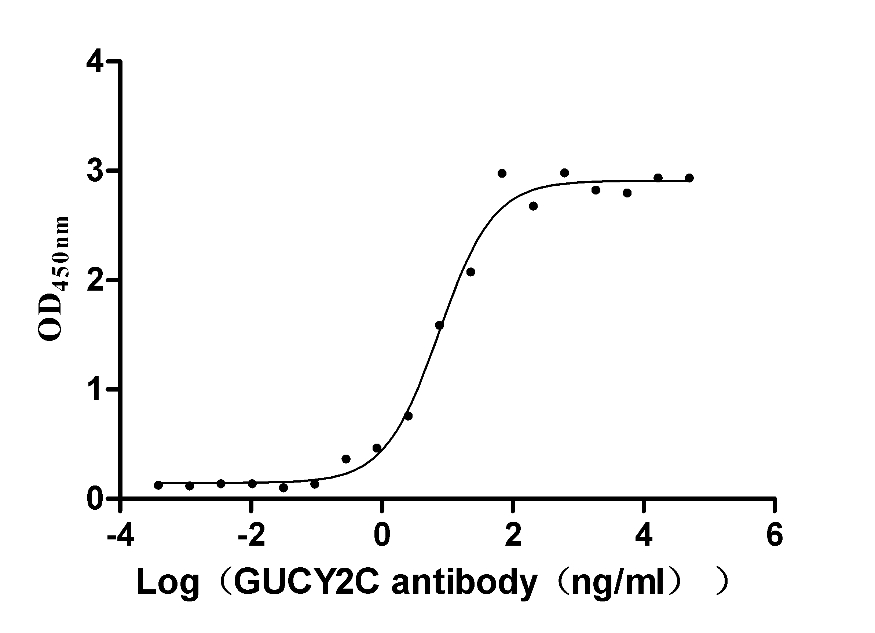
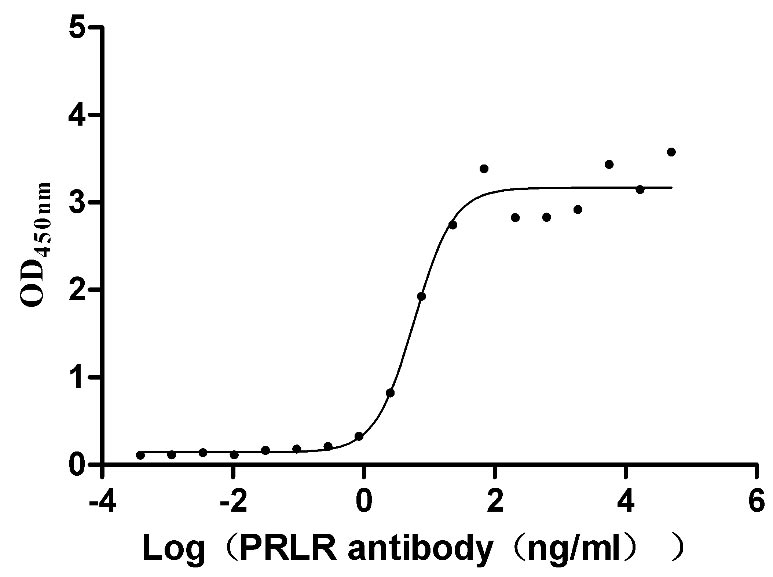
-AC1.jpg)
